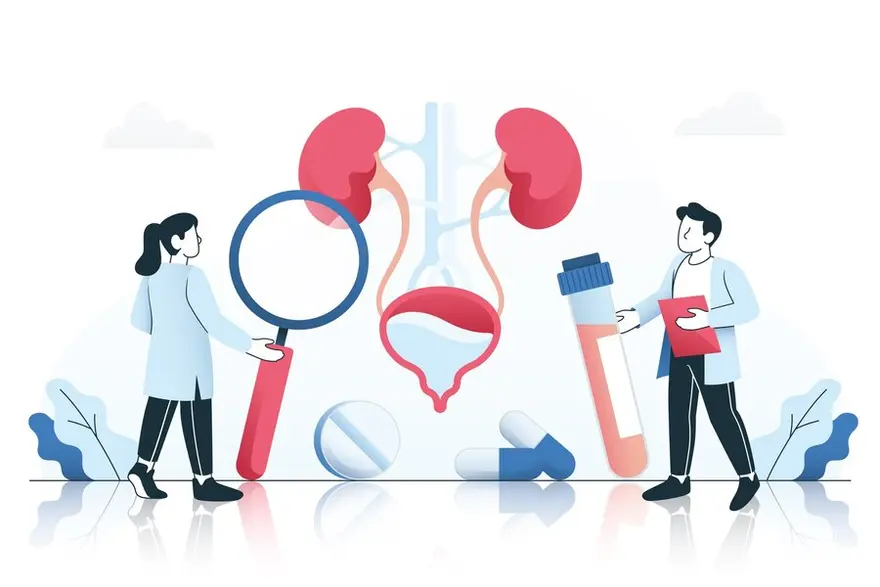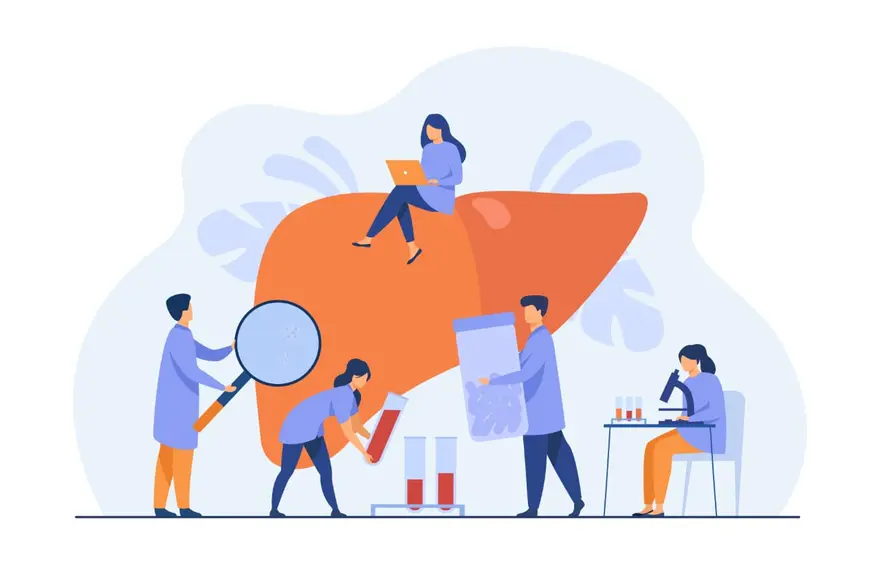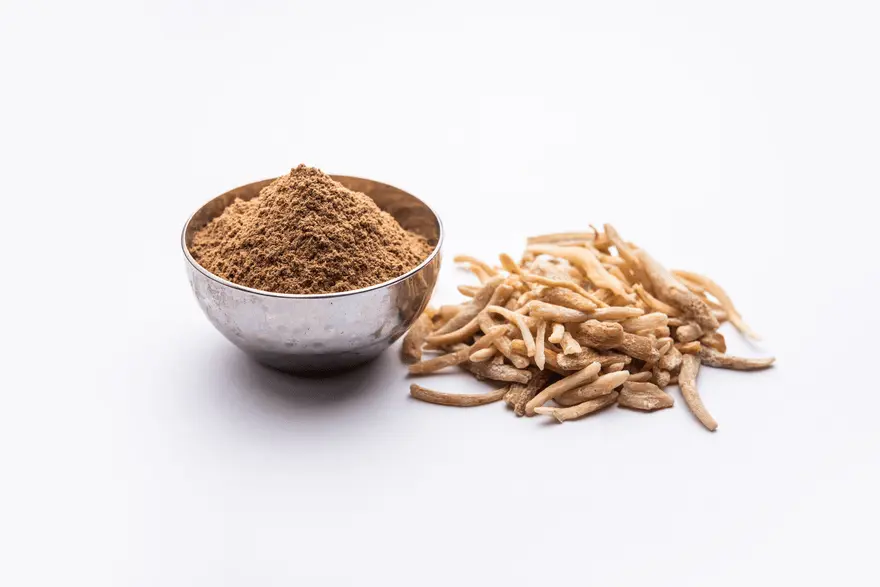Preventive Healthcare
Combatting Cystitis: Effective Remedies and Prevention Tips
2503 Views
0

What is Cystitis?
Cystitis is a type of bladder infection that usually develops after a bacterial infection in the urine. Cystitis is one of the most common types of urinary tract infections and primarily affects women. Your bladder stores urine from the kidneys; this urine then leaves the body through a thin tube known as the urethra. Cystitis is when bacteria travel up the urethra and infect the urine, causing inflammation of the lining of the bladder. Most women can experience cystitis at least once in their lifetime. Cystitis is painful, causing great discomfort, but not infectious.
What are the Symptoms of Cystitis?
Cystitis symptoms include:
- The urge to urinate frequently
- A persistent urge to urinate even after emptying the bladder
- Strong smelling cloudy urine
- Burning sensation when urinating
- Slight fever with a urinary tract infection (UTI)
- The presence of blood in the urine
- The feeling of pressure on the bladder
- Cramping in the back or lower abdomen
- Pain during intercourse
If you experience the following cystitis symptoms, it can mean that the cystitis infection has spread to your kidneys, and you need to visit your doctor immediately.
- Nausea
- Vomiting
- Chills
- Back or side pain
Fever or blood in the urine is two more signs that are not always associated with cystitis symptoms but may occur in association with the signs of kidney infection.
What are the Causes of Cystitis?
The type of cystitis you may experience depends on the cystitis causes. Some of the possible cystitis causes include
- Urinary Tract Infection (UTI)
- Consumption of certain drugs
- Exposure to radiation
- Regular use of a catheter
- Unsuitable hygiene products
As women have a shorter urethra than men, any bacteria that enters it has an increased possibility of reaching the bladder. Common cystitis causes in females include:
- Having sex
- Cleaning your bottom from back to front after using the toilet
- Being pregnant
- Going through menopause
Other cystitis causes may also include a weakened immune system or a condition that prevents the bladder from emptying completely.
Cystitis can also occur as a symptom of another medical condition, such as:
- Kidney stones
- HIV
- Spinal injuries
- Diabetes
- Enlarged prostate
What are the Types of Cystitis?
The two main categories in types of cystitis based on their occurrence :
- Acute cystitis:
This is a common form of cystitis, which can occur suddenly and get worse quickly, affecting up to 40% of women.
- Interstitial cystitis:
A chronic or long-term condition where cystitis affects many layers of the tissue in your bladder.
Both of these kinds of cystitis are further classified based on the cystitis causes. These types of cystitis include:
- Bacterial cystitis:
Bacterial cystitis occurs when bacteria enter the urethra or bladder and cause an infection, or when there is an imbalance in the growth of bacteria in the body. This can cause cystitis or inflammation of the bladder.
- Drug-induced cystitis:
Certain medicines can cause cystitis or inflammation in the bladder. Any medicine you consume usually passes through your body before exiting through your urinary system. Some of these medicines (e.g., chemotherapy drugs like cyclophosphamide and ifosfamide) can irritate the bladder causing cystitis before exiting the body.
- Radiation cystitis:
Radiation therapy is often used to destroy cancer cells and eliminate tumors. But this treatment can also damage healthy tissue and cells, and radiation to the pelvic area can cause inflammation of the bladder, leading to cystitis.
- Foreign body cystitis:
Regular use of a catheter that facilitates the release of urine increases the risk of bacterial infection and cause a damage to urinary tract tissue, both of which can cause cystitis.
- Chemical cystitis:
Chemical cystitis occurs when you use hygiene products that can irritate the bladder, causing inflammation of the bladder and leading to cystitis.
Who is at Risk for Cystitis?
Females are at higher risk of developing cystitis due to their shorter urethra, but both men and women can develop cystitis.
Women may be at higher risk of developing cystitis if they are
- Pregnant
- Sexually active
- Experiencing menopause
- Use personal hygiene products like feminine hygiene sprays and chemical bubble baths that may irritate the urinary system
- Use diaphragms with spermicide
Men with enlarged prostates are at higher risk of developing cystitis due to urine retention in the bladder.
Other risk factors of cystitis include
- Recent or current UTI
- Chemotherapy
- Radiation therapy
- Having diabetes
- Kidney stones
- HIV
- Spinal injuries
How is cystitis diagnosed?
While there are several ways of cystitis diagnosis, a urine test is one of the most commonly used methods. In this form of cystitis diagnosis, your doctor will ask you for a urine sample that will help determine if you have a UTI or if there is another cause of your cystitis.
Other methods of cystitis diagnosis include cystoscopy, imaging tests, or a biopsy for advanced testing.
How is Cystitis Treated?
- Medication:
Antibiotics are one of the most common forms of cystitis treatment for bacterial cystitis. Medicines can also be used as a cystitis treatment for interstitial cystitis, depending on the underlying cause of the cystitis.
- Surgery:
While this may not be the first cystitis treatment that comes to mind, it may be needed to repair structural issues and chronic conditions.
- Home care:
Applying heating pads to your back and abdomen, over-the-counter pain relievers or sitz baths can help ease the discomfort caused by cystitis. Drinking lots of fluids, wearing cotton underwear or loose-fitted clothing, and avoiding food or beverages that may worsen the symptoms are also easy forms of cystitis treatment at home.
- Alternative therapies:
Nonsurgical procedures for cystitis, such as stretching the bladder with gas or water can temporarily improve cystitis symptoms. Nerve stimulation has also been shown to lower the frequency of bathroom visits and help with pelvic pain due to cystitis.
What is the Outlook for Cystitis?
The outlook for cystitis patients depends on the cause of the symptoms. In most cases, with timely treatment, the chances are good. However, if cystitis is left untreated, it can infect the kidneys or lead to other health complications.
How to Prevent Cystitis?
Women should always wash from front to back after a bowel movement to prevent cystitis, and if they are prone to urinary tract infections or cystitis, they should take showers more often than baths. Using gentle hygiene products and rinsing the bladder after intercourse can also help prevent cystitis.
When to See a Doctor?
It is better to visit your doctor when you notice the first signs of cystitis.
Conclusion
Cystitis is not a life-threatening condition but can cause health complications if left untreated. Even if you do not experience cystitis symptoms, regular urine tests or pap smears can help you prevent this cystitis or catch it in the early stages and get the required cystitis treatment. Metropolis Labs offers premium at-home diagnostic testing so that you can stay on top of your health and take any preventive measures necessary to live a healthy life. Contact us today for your appointment.























 WhatsApp
WhatsApp